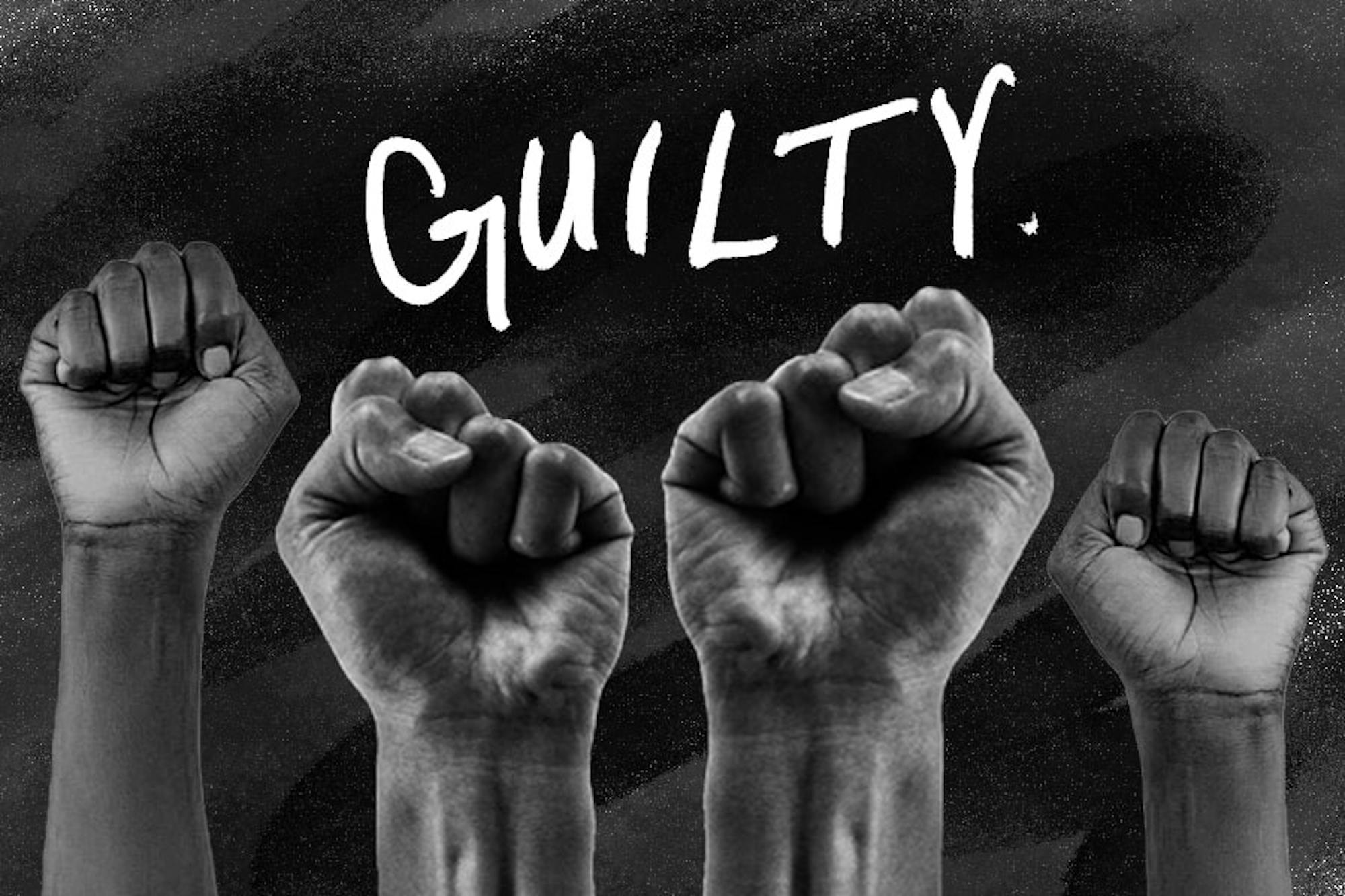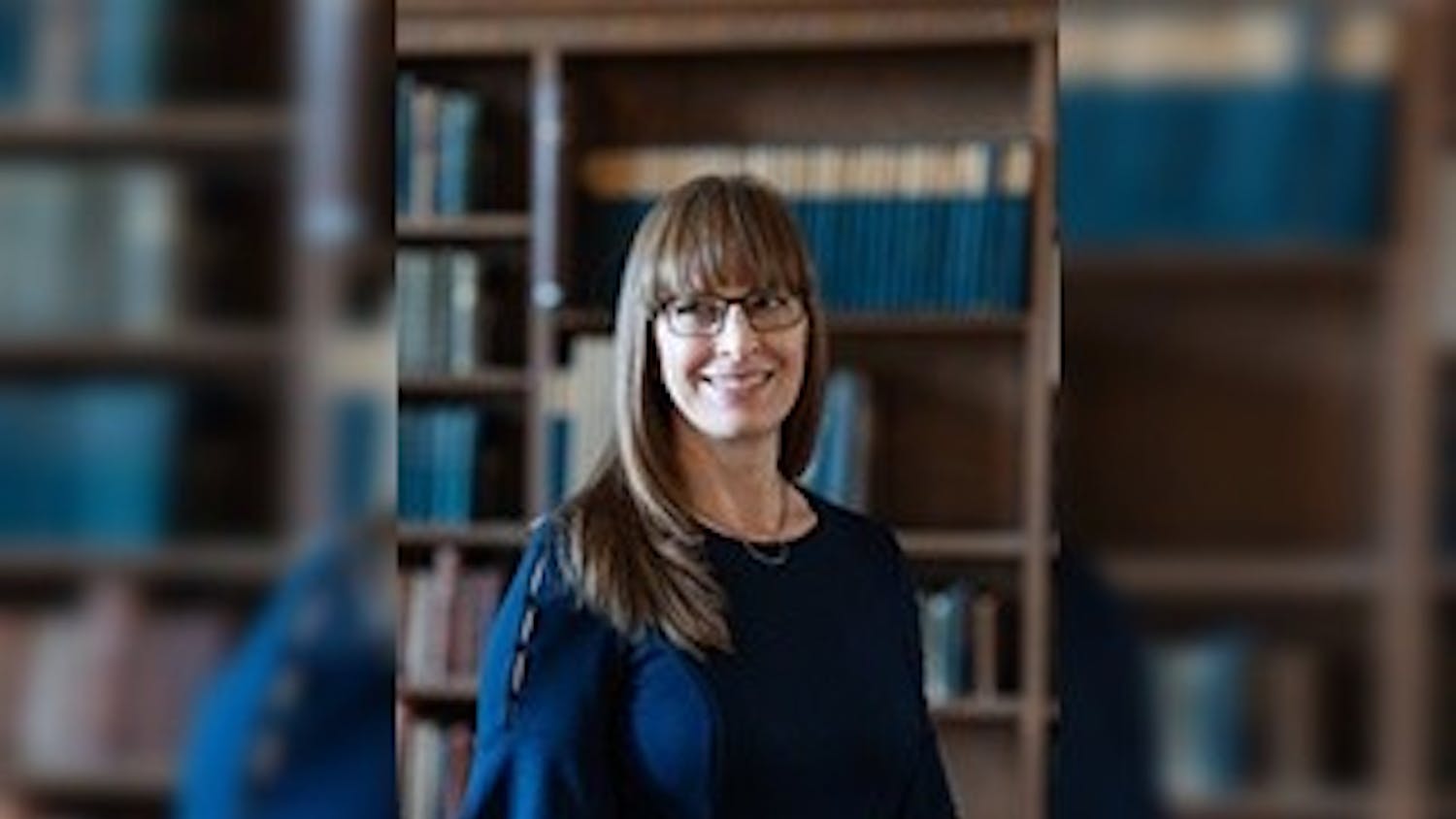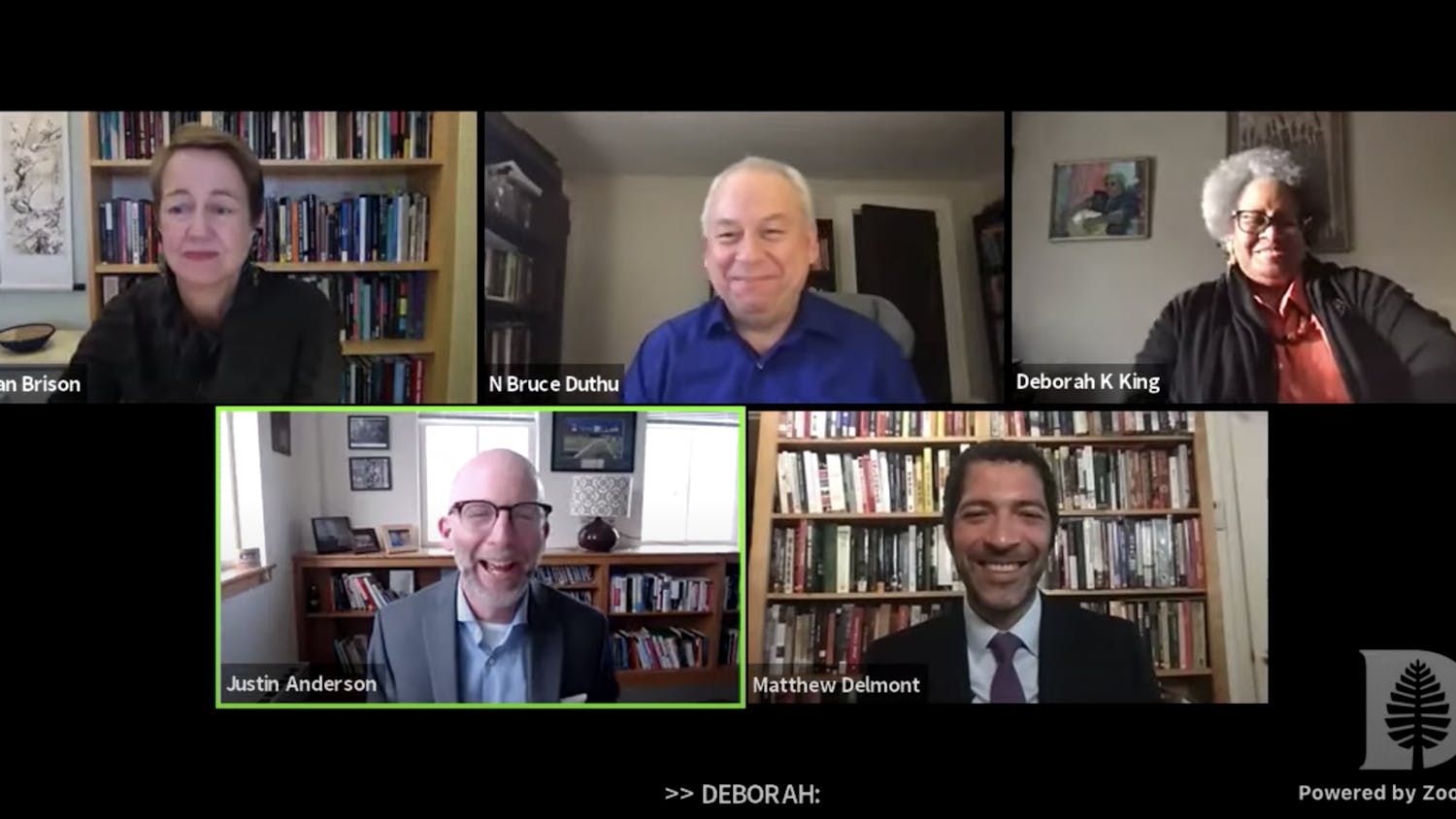Nearly a year after the death of George Floyd, former Minneapolis police officer Derek Chauvin was convicted of second-degree unintentional murder, third-degree murder and second-degree manslaughter. Following the verdict, Native American studies program chair Bruce Duthu ’80 moderated a faculty-led panel titled “The Chauvin Verdict: A Community Discussion on Race, Crime & Justice.” Additionally, College President Phil Hanlon, Dean of the College Kathryn Lively and various campus organizations released email statements regarding the Chauvin verdict.
For Black students at Dartmouth, the College’s response to the verdict has elicited a complex array of emotions. Chauvin’s trial is not an isolated incident, and thus students’ statements regarding the verdict are influenced by the American legacy of anti-Black police brutality and previous verdicts — largely not guilty — for the killings of Amadou Diallo, Trayvon Martin, Stephon Clark and many more.
Sereena Knight ’24 said she was “truly shocked” by Chauvin’s verdict, adding that she understood why some people were not expecting Chauvin’s conviction, given the previous outcomes of trials involving police violence — mostly officer acquittals.
Member of the African American Society Ian Scott ’24 did not believe that justice had been served, noting that Chauvin’s conviction did not change the fact that George Floyd is dead and that police violence against Black people remains an issue. Scott pointed out that in the midst of Chauvin’s trial, Daunte Wright was fatally shot by a police officer in Brooklyn Center, Minnesota.
“I don’t feel any better. George Floyd is still dead. There is no justice for someone who is dead,” Scott said. “ … It is very obvious to me that the circumstances that led to that verdict feel like a strategic sacrifice of a pawn to sell the idea of progress rather than actual justice.”
Knight and Anthony Fosu ’24 both said they were hesitantly optimistic after the trial.
“With the prevalence and significance of [police violence], it is hard to really put your faith in the justice system when it seems like everything is working against you,” Fosu said. “So, seeing the verdict of Derek Chauvin gives me a very cautious sense of hope and optimism.”
In response to the verdict, College president Phil Hanlon sent out an email stating that “Dartmouth stands in solidarity against racism” and “our work in addressing the underlying systemic racism … has only just begun.”
Despite this statement, Scott believed that nothing at the College had changed, citing examples of what he called racist microaggressions on Librex and racist attacks launched against the Khan-Muñoz Student Assembly campaign.
“I don’t know if [the verdict and Dartmouth’s response] will have a major impact, if any — people are still going to be racist on Dartmouth’s campus,” Scott said.
Knight was also neither surprised nor impressed by the various email statements. According to Knight, the statements have not been followed by actionable change, such as an increase in resources for people of color at Dartmouth. This lack of change made Knight question whether Dartmouth can truly move toward a more antiracist stance.
“An email will not deconstruct legacies and centuries worth of colonialism and colonist habits,” Knight said.
Fosu said he was left feeling confused and cynical following the College’s response. Additionally, he found the amount of discussion surrounding the trial in his classes to be lacking.
Knight felt that the College’s response did not acknowledge the “pain and suffering” that students might be going through.
What do Black Dartmouth students want and need from Dartmouth? Knight called for Dartmouth to be honest about its history — that it was founded as an institution to “Christianize” Native Americans. This means, she said, a re-evaluation of Dartmouth’s approach to education — teaching history from a “decolonized perspective.”
Scott added that he is exhausted, as Dartmouth has let too many instances of racism slide in the past, citing student experiences shared on platforms like the Instagram page @blackatdartmouth. He thinks a more upfront and combative approach is necessary, like shutting down fraternities that have multiple allegations of “blatantly racist” acts.
These reactions to Chauvin’s verdict highlight that, as Fosu summarized, the work against racism is far from over.
“As people begin to realize how deeply ingrained racism is within our institutions, I think we begin to realize how much more we have to do,” Fosu said. “The work that has been done is currently the ground work — a foundation.”




